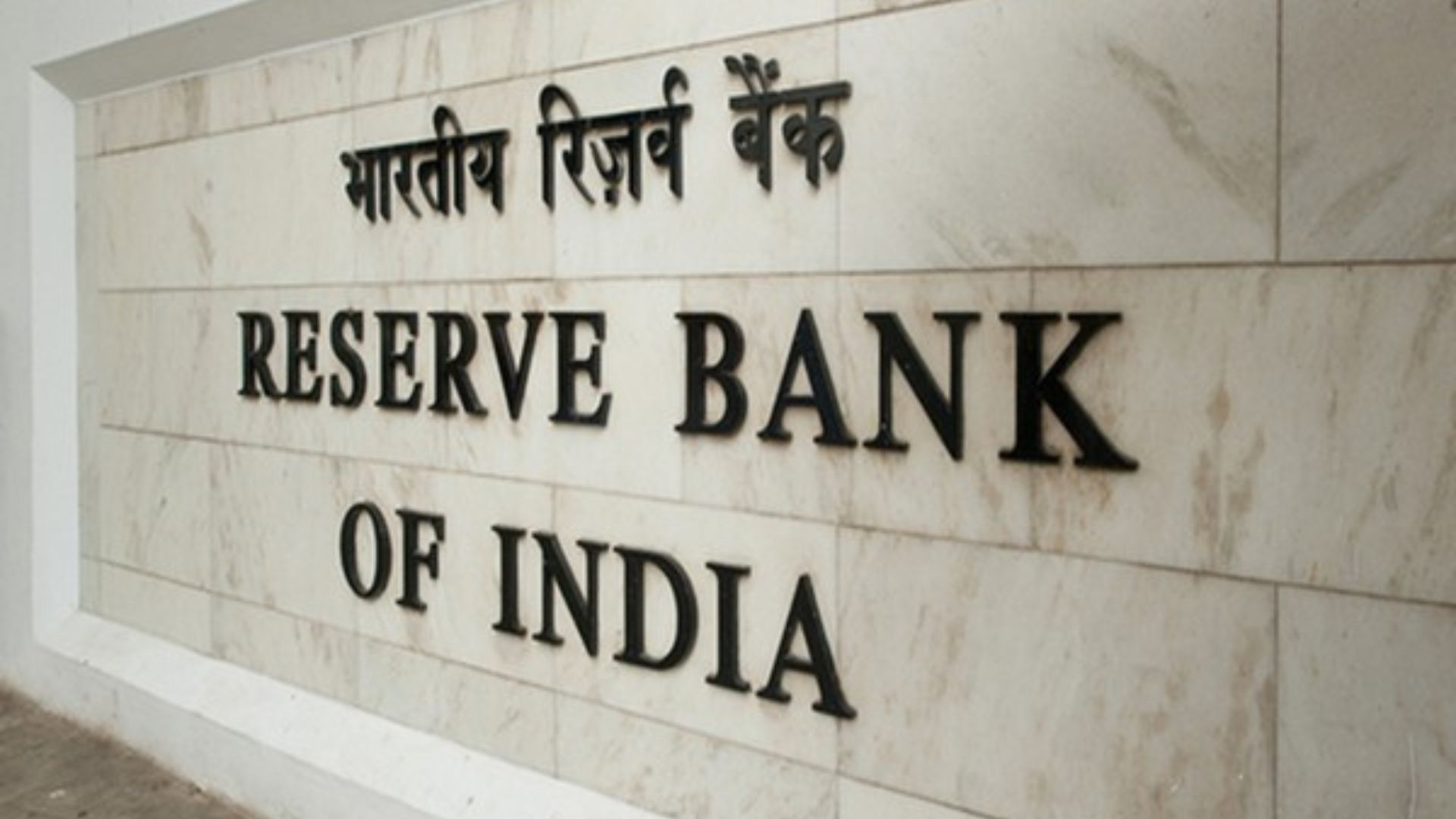When a person is arrested, his liberty is curtailed by the State as a form of punishment in accordance with law; for restoration of liberty, the said person has to apply for bail in the court of law. Pendency of bail applications has been a major issue from a long time. The issue of pendency of bail applications before various High Courts for example – the cognizance of the pendency of bail applications before the Allahabad High Court was raised in many cases by the Supreme Court. Supreme Court in the judgment of Saudan Singh vs. State of UP has directed to release the persons under prison for 10 or more than 10 years to be enlarged on bail. Therefore, now various High Courts in the light of Saudan Singh v. State of UP are releasing the prisoners who undergone the imprisonment for 10 years.
However, even when the person is released there are many procedural delays which he becomes victim of and hence, there is rampant increase in the number of cases where even after the person is released on bail, he has to wait owing to the procedural delays. In this article the authors will elaborate on the several factors that lead to the delay in release of the person enlarged on the bail by the court.
CAUSES OF DELAY
There is no data on record to show the number of prisoners whose release from jail, after the acceptance of bail application, is delayed. However, there are many noteworthy instances which made it evident that in India it’s the procedure which makes a person suffer the most. Last year, Aryan Khan, son of actor Shahrukh Khan was arrested and got bail however, he could not be released on bail owing to certain regulations in the Mumbai Central Prison at Arthur Road, therefore, he spent one more night in prison. Now, this issue was highlighted the most at that time since, the victim of this delayed process was celebrity’s son. Although there is absence of data on how many people face the same problem yet the authors being the practicing advocates encounter these issues on a regular basis. The other day we had to file the bail bonds of a person who got bail in criminal appeal pending before the Allahabad High Court, Lucknow Bench now the person was convicted by the sessions court in 2009 and the particular division which convicted the appellant was demolished due to some structural changes in 2017 now in the absence of notice that where the matters of that particular court were transferred we were unable to find the in charge court before which the bail bonds were to be filed this whole procedure took one day. This incident is a clear example that there is a dire need to bring reforms in criminal justice system. This incident might happen once in hundred cases.
Sections 440-448 state about the conditions of bail bonds. Section 440(1) of the Code of Criminal Procedure states that the amount of the bail bond shall be fixed with due regard to the circumstances of the case and shall not be unreasonable. However, if the amount so levied is heavy then an application under section 440(2) has to be filed before the High Court or the Sessions Court for reduction of the levied amount. Now even after the proper legal representation the application process may take two to three days without the guarantee of the affirmative order.
However, there are other causes as well, when a bail order is passed the counsel of the bail applicant has to first apply for the certified copy of the bail order passed by the court of law. Sometimes, it also happens that the bail order does not get uploaded on time which also causes the unnecessary delay in the release of the person. Then the person has to apply for the certified copy of the bail order, now this may take one day. After this the bail order is verified and if no amount is fixed for filing the bail bonds, then the counsel has to draft application for amount fixing before the court concerned along with a short-affidavit then the concerned Judge fixes the amount and then the particulars of the sureties are sent for verification by the court.
The court concerned before which the bail bonds are filed sometimes fixes the hefty amount upon the person enlarged on bail because of which it sometimes becomes difficult for the person so released to arrange the sureties. The problem does not end only here, the courts while granting bail, impose a condition of furnishing a bail bond. The prisoner through a local surety, relative or a friend, has to arrange the amount either in the form of property documents, RC of vehicle or through a fixed deposit receipt. This is a challenging process for prisoners who belong to indigent backgrounds or are migrants from different states, having no local contact or money in the state where they are lodged, not only this but the other challenge arises when the bail bonds are sent for verification to the tehsil or police station where the sureties reside this process sometimes takes one month depending on the locality of the residence of the sureties arranged by the person released on bail.
CONCLUDING REMARKS
Last year the issue of delayed communication of the bail orders to the jail authorities was addressed by Supreme Court bench comprising of L. Nageswara Rao, J.; B.R. Gavai, J.; S. Ravindra Bhat, J. “In Re: To Issue Certain Guidelines Regarding Inadequacies and Deficiencies in Criminal Trials” Mr. Sidharth Luthra who was Amicus Curiae in the matter told the bench that “When bail orders are passed, it becomes a peculiar situation because the orders don’t reach the jail, the jail authorities don’t know if the person is granted bail or not. The intimation only goes when the bail order goes to the court and then the court looks at the personal bond and based on that the person is released…The man is in custody when the lawyer is arguing in court. Also, it may be an amicus or the legal aid lawyer arguing. Families often do not reach the court. This frustrates the rights of a lot of people. I understand the problem in incorporating it as a rule but it may also come as a direction in the final order. It may come as a part of your lordships’ order because once the order is passed, it only needs a communication from the court concerned to the jail authorities”
In the light of the facts stated above the authors are of the view that a strict timeline should be set by courts for the address verification, because in this whole process sometimes we witness that the court officials or the police officers get the opportunity to get the unjust enrichment from the prisoners’ family for expeditiously releasing the person from jail. Although the bail bonds are the written promises between a criminal defendant to appear for trial or pay a sum of money set by the court, but when a person is arrested, he/she loses the liberty and for restoration of that liberty the person gets enlarged on bail by the court of law. Therefore, it is of utmost importance that the liberty gets restored expeditiously by releasing the person as soon as possible by curtailing the unnecessary procedural formalities or setting a strict timeline for the whole procedure.
There is no data on record to show the number of prisoners whose release from jail, after the acceptance of bail application, is delayed. However, there are many noteworthy instances which made it evident that in India, it’s the procedure which makes a person suffer the most. Last year, Aryan Khan, son of actor Shahrukh Khan, was arrested and got bail; however, he could not be released on bail owing to certain regulations in the Mumbai Central Prison at Arthur Road. Therefore, he spent one more night in prison. Now, this issue was highlighted the most at that time since the victim of this delayed process was a celebrity’s son. Although there is absence of data on how many people face the same problem, the authors being practicing advocates, encounter these issues on a regular basis. The other day, we had to file the bail bonds of a person who got bail in criminal appeal pending before the Allahabad High Court, Lucknow Bench. The person was convicted by the sessions court in 2009 and the particular division which convicted the appellant was demolished due to some structural changes in 2017. Now in the absence of notice that where the matters of that particular court were transferred, we were unable to find the in-charge court before which the bail bonds were to be filed; this whole procedure took one day. This incident is a clear example that there is a dire need to bring reforms in the criminal justice system. This incident might happen once in hundred cases.












